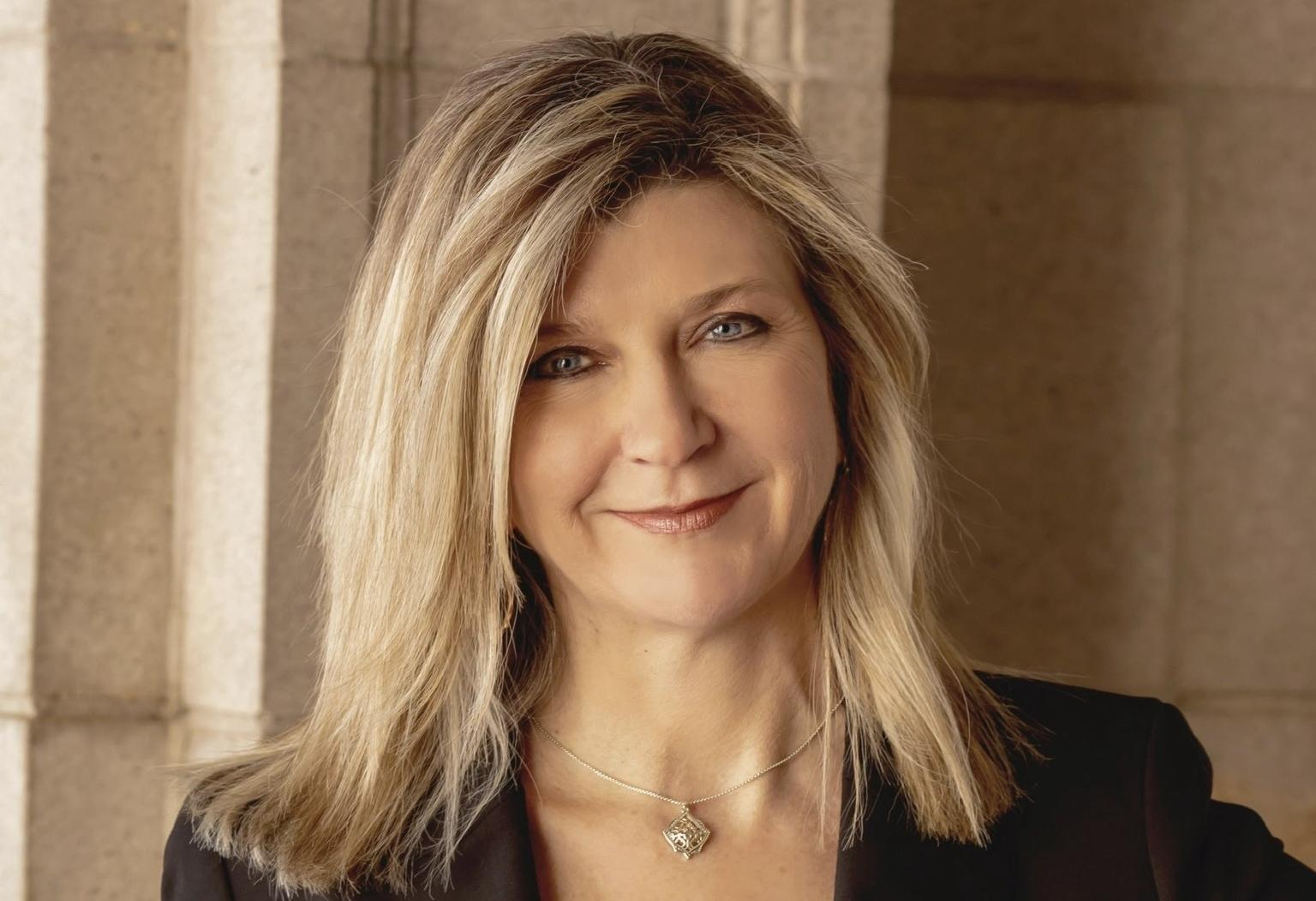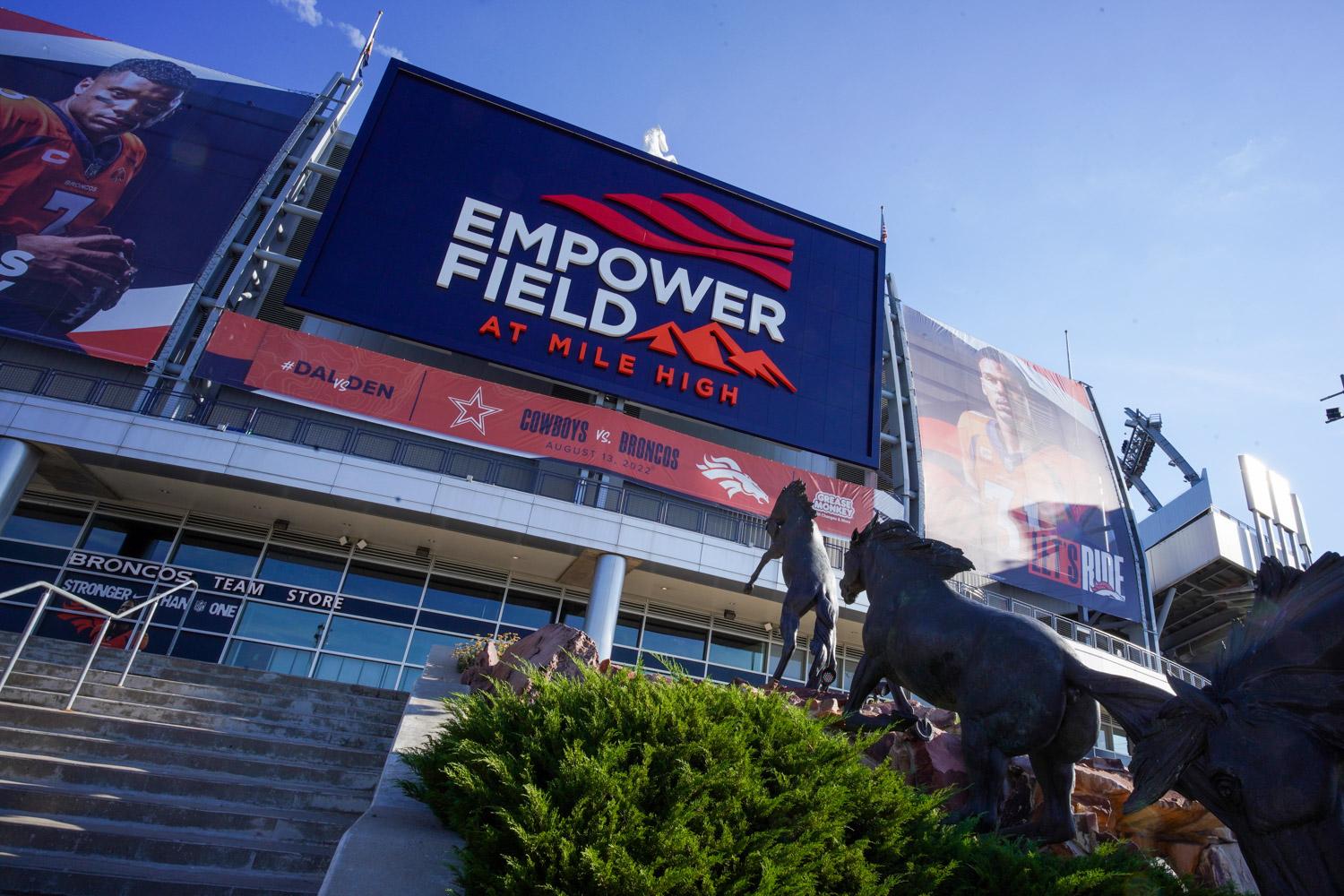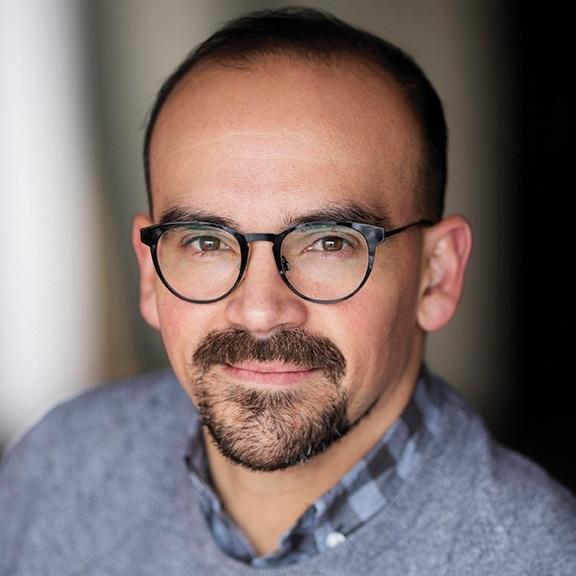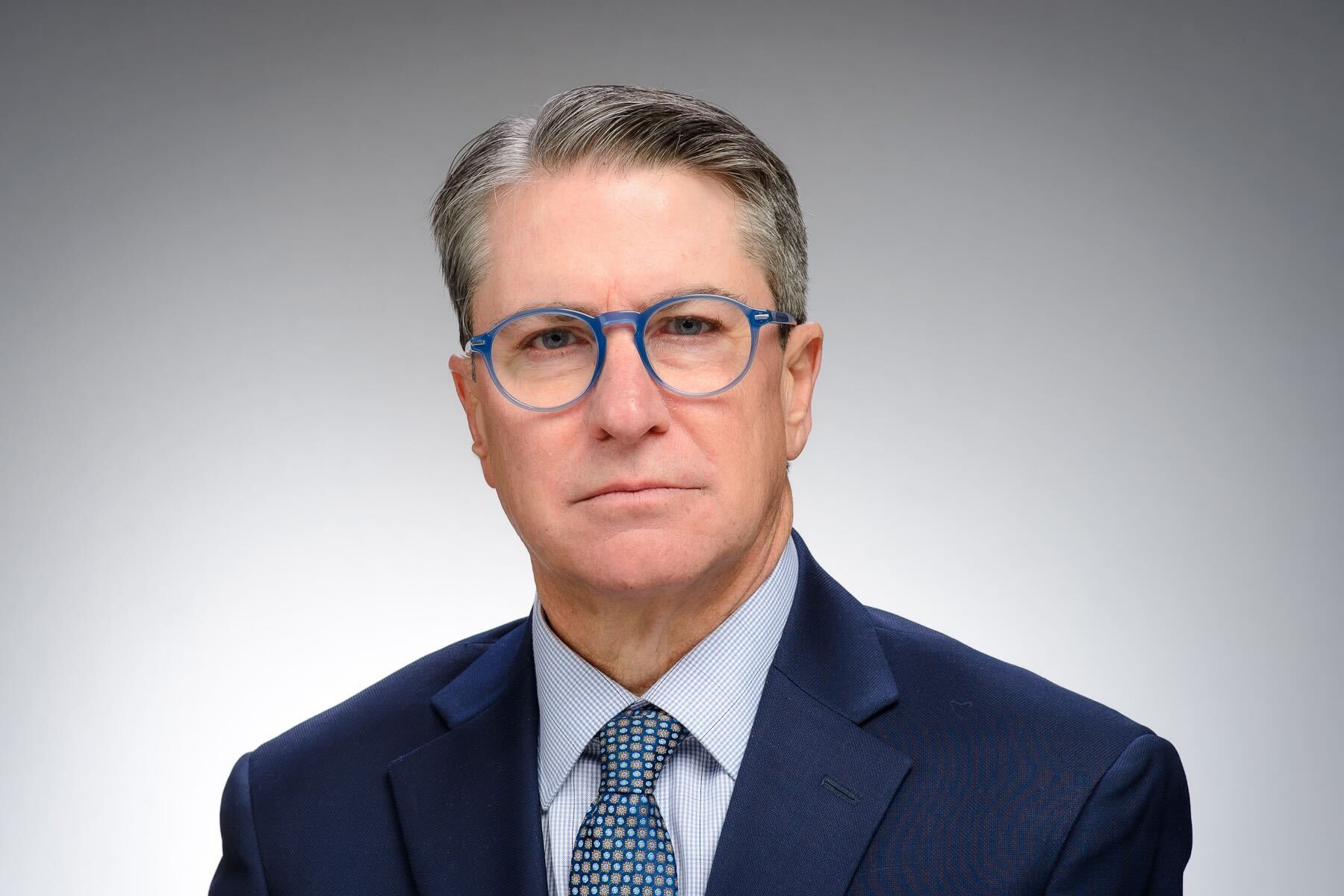
Inscribed above the west entrance of the Norlin Library at the University of Colorado in Boulder is a sentiment that resonates with Patrick Deneen, the university’s latest visiting scholar in conservative thought and policy.
“Who knows only his own generation remains always a child," Deneen told Colorado Matters host Ryan Warner, “which is quite a beautiful sentiment for a library, which is the place where in some senses the past is preserved or conserved.”
Deneen is a professor of political philosophy at the University of Notre Dame. His books include “Why Liberalism Failed” and “Regime Change: Toward a Postliberal Future.”
Deneen’s work centers on liberalism, the philosophy focused closely on the rights of the individual, and what he sees as its failings in modern society. In that sense, he says his writing does not comport with some of the major tenets of Republican orthodoxy in recent years.
In an interview with Colorado Matters, Deneen said his writings do not track with some of the libertarian elements of conservative thought, and that he’s hopeful his time in Boulder will give both liberal and conservative thinkers a different perspective.
“I think in the main, to present both to students and faculty colleagues, a way of thinking about conservatism that may, at some level, challenge certain presuppositions that people may have in their minds,” he said.
CU’s conservative scholar program drew criticism after a previous visiting professor, John Eastman, was indicted on charges of trying to overthrow the 2020 election. Deneen spoke to Colorado Matters about that history, his own work and his ties to Republican Vice Presidential nominee JD Vance.
The following is a portion of Deneen’s conversation, which has been edited for length and clarity. The full interview can be heard on Colorado Matters.
On the legacy of John Eastman
“The Eastman imbroglio was unfortunate to say the least, but not dissuading for me since I'd had this desire for a long time. I do think the Eastman incident is extremely instructive, and I think not only to the right, for which I do think it should be instructive.
John Eastman is a law professor. In this sense — and I don't mean to throw shade on law professors, I have friends who are law professors — but the law is an inherently more activist part of the university. People who teach in law schools tend to be much more invested and engaged in shaping the future of the law or shaping the future of institutions and so forth, so it has less of a scholarly quality to it than other parts of the university. And I think it's when in some ways scholarship and activism become indistinguishable, that one runs into real problems, especially in the modern university. I think the selection of Eastman was already problematic because he was already well known as a kind of law school activist, even before the Trump January 6th matters.
But I would say the following: I think that this problem is now epidemic in universities as a whole. And I think it infects, of course, the progressive aspect of the university, where progressivism is increasingly thought of as indistinguishable from scholarship. And this is where I think having a conservative element in a university is actually helpful because it can remind people that the assumption that progressivism equals unquestioned scholarly conclusions requires a kind of reflection that at its best is what a university is and does. But in the absence of that other voice reminding people that maybe our own conclusions need a certain amount of reconsideration, that activism and scholarship can become increasingly indistinguishable.”
On being called one of “The Seven Intellectual Forces” to influence JD Vance
“I texted him congratulations when he was selected as vice president. And I said, ‘My congratulations and my condolences,’ and that's the last I've interacted with him. But I think influence is a mysterious thing, so I don't want to overstate that. I think if I were someone trying to promote myself, I would be crying to the rooftops about how much I was influencing American policy. But I think it's much more complicated. But I would say the following. I think JD either came across my writing or read my writing because of his own interest in shifting what conservatism was from what I've been describing as this more libertarian, imperial project that goes back to the Cold War and the formation of conservatism going back to the 1950s and '60s and William F. Buckley. For your listeners who are interested in these things, the formation of what's called fusionism, the libertarian economics, the Cold War hawkishness, and the social conservatism.
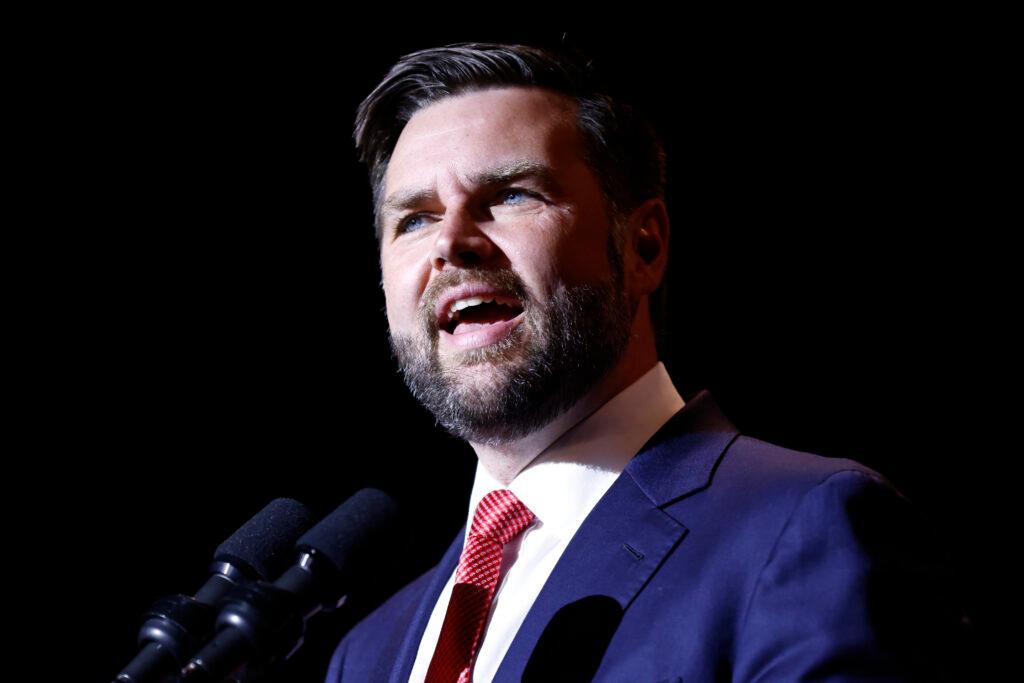
And there's been a reconfiguring of that over the last, I would say, decade or more since the fall of the Cold War, in which you have an increasingly much more economically interventionist understanding of conservatism. So much more interested in things like tariffs and bolstering manufacturing, thinking about breaking up monopolies, which is something that JD has been interested in. Much less likelihood to be a Cold War hawk and much less of a foreign policy interventionist. And then in social policy, much more of an interest in the ways in which public policy can support conservative values such as the family, rather than simply assume it will flourish in the absence of government intervention.
So that reconfiguration is something that I had been writing about for at least a decade, and JD Vance either came across that or he sought it out, but I think influence is really mysterious. And I suspect he was already moving in that direction and discovered my writing in that way, so I wouldn't say that I opened up his brain and poured in my ideas. I really think it's something that he was thinking through and my own writing was helpful.”
On universities being a progressive institution
“The modern university is actually an alteration of the older form of university, which was a very traditional institution. If one goes to most campuses, you'll see that sense of traditionalism in the architecture, the buildings. I'm struck by the University of Colorado's library, which is not only a classical (library) in form, but it has a remarkable inscription above the entrance. ‘Who knows only his own generation remains always a child,’ which is quite a beautiful sentiment for a library, which is the place where in some senses the past is preserved or conserved.
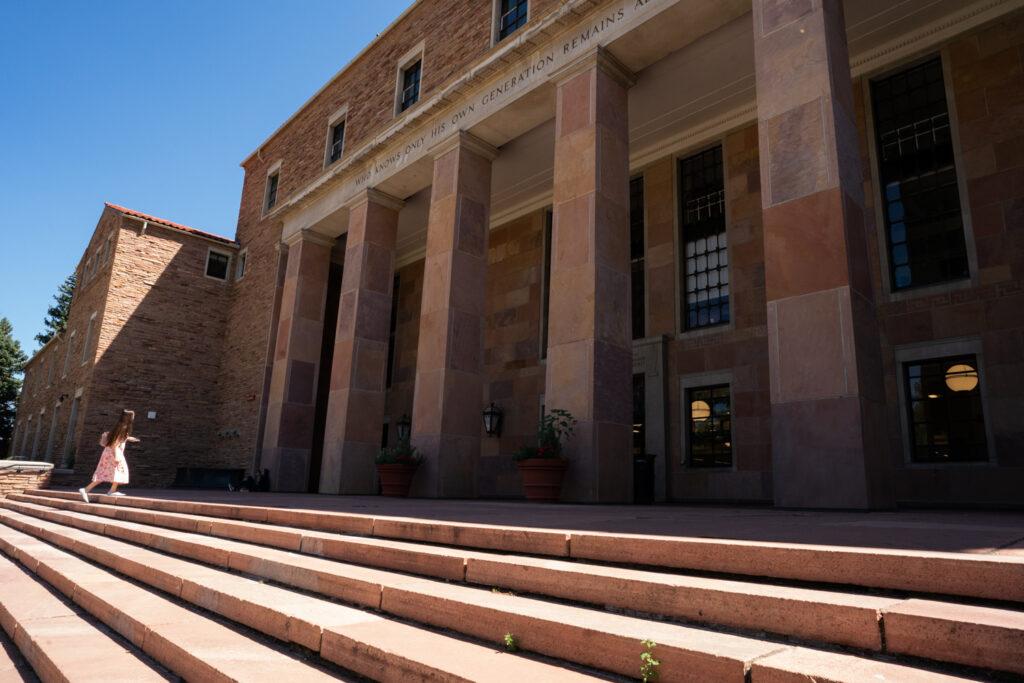
So, in this sense, the university is a very conservative or traditional institution, but overlaid on the modern university is a very progressive institution which seeks to transform society, advance knowledge, discover new inventions, and so you have this kind of submerged more traditional element, and then the kind of more visible progressive element. And it's really in some ways to draw out that more — let's just say that older form — that I think I find myself to be both within and in keeping with the modern university, but also, at some senses, in tension with its more progressive form.”

